Kidney Cancer: Recognize the Signs, Understand the Stages, and Explore Treatment Options
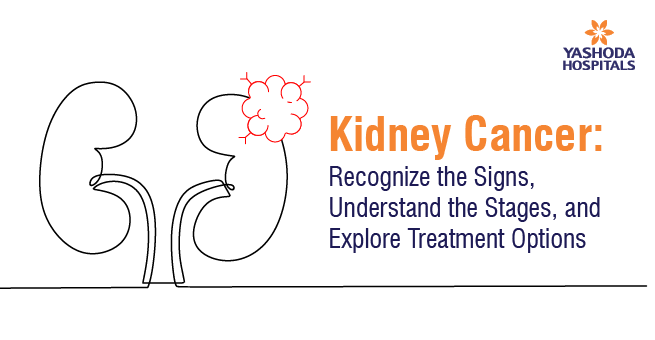
Introduction To Kidney Cancer
Kidney cancer is a cancer that happens originally on the kidneys, which are two bean-shaped organs found behind the abdominal organs. In adults, the most frequent kind is renal cell cancer, whereas Wilms’ tumor is common in younger children. Cases of kidney cancer are on the rise as a result of diagnostic imaging methods such as CT scans, which may reveal many more silently growing kidney cancers.
Renal cell carcinoma arises when cells in the body’s kidneys undergo a transformation leading to their uncontrollable growth. Its signs comprise hypertension, back pain, hematuria, and others. Surgeries, chemotherapy, and radiation therapies are the most common treatments for this condition. Like any other tumor, timely identification is the most significant factor in managing renal cell carcinoma.
Kidney cancer is sometimes called “metastasis’’. That means that a cancerous or malignant tumor is able to move into other tissues and vital organs too. Moreover, men are twice as likely as women to get the disease, which mainly occurs among African Americans or Native Americans. The distribution of kidney cancer among kids is seen in rare cases.
Kidney Cancer Symptoms
Kidney cancer may not show any symptoms or signs in the early stages. Later on, it shows some of the advanced kidney cancer symptoms, which include:
- Pink, red, or cola-colored urine
- Persistent back or side pain
- Loss of appetite
- Unexplained weight loss
- Fatigue
- Fever
- Increased levels of calcium
- Night sweats
- Anemia
- Bone pain and more
Anyway, the kidney cancer symptoms in females are the same as in males.
Schedule An Appointment With Our Specialist To Address Your Kidney Concerns Immediately!
Causes And Types Of Renal Cancer
Kidney Cancer Causes
There is no exact cause for kidney cancer, although the following are some risk factors that may make someone more likely to have it:
- Smoking: People who smoke have an increased risk of kidney cancer, and the more they smoke, the higher their risk.
- Obesity: Obesity is a risk factor for kidney cancer, while increased weight is related to developing the risk.
- B.P.: High blood pressure, commonly referred to as hypertension, has been associated with a higher prevalence of kidney cancer.
- Mutations in genes: The instructions in genes determine how a cell operates. The likelihood of getting kidney cancer can be increased by changes in specific genes.
- Longstanding dialysis: Kidneys that have failed to fully function correctly are cleaned by passing blood through a unique device during dialysis operations.
- Hereditary: If a patient has cis-relatives with renal disease, they’re likely to develop the disease too.
- Radiation: For patients who have been administered radiation for cancer of the reproductive organs, kidney cancer is somewhat higher.
- von Hippel-Lindau disease (VHL): Patients with this familial condition run a high risk of contracting renal cell carcinoma, though it typically manifests through hemangioblastomas of the retina and cerebellum.
- Tuberous sclerosis complex: This disease mostly affects the brain, kidneys, heart, eyes, skin, and lungs, leading to the development of tumors in nearly all body organs, intellectual disability, and seizures on the other end of the spectrum.
Those risk factors that can be controlled must be avoided to decrease the chances of coming down with kidney cancer. One way of achieving this is by quitting tobacco, which lowers these odds, while controlling weight or treating high blood pressure can also assist in managing the condition.
Types Of Kidney Cancer
There are several types of renal cancer, which include:
- Renal cell carcinoma (RCC): It is the most widespread kind of kidney cancer in adults and makes up almost 85 percent of all kidney malignancies. RCC commonly exists as a solitary growth in one of the kidneys, although it may involve both. Consequently, RCC starts along the renal tubule cells that flow waste from the blood into the urine. The most frequent category of RCC is clear cell renal cell carcinoma (ccRCC).
- Transitional cell cancer: Transitional cell cancer is the most common type of kidney cancer. The place where the ureter attaches to the kidney is called the renal pelvis. This is where the cancer often starts growing. Additionally, the ureters or bladder might be affected by it.
- Wilms tumor: Wilms tumor is observed mostly in kids, and it accounts for about 5% of all kidney tumors in children.
- Renal sarcoma: It originates from the connective tissues of the kidneys, which account for only 1% of kidney cancer cases. If not treated, it can spread through the different organs that surround it and even up to your bones.
Some of the rare kidney cancers, primarily found in children, teenagers, and young adults, include papillary renal cell carcinoma (PRCC), translocation renal cell carcinoma (TRCC), benign tumors, adenoma, oncocytoma, and angiomyolipoma, which can cause internal bleeding.
Stages And Treatment Options For Kidney Cancer
Kidney Cancer Stages
The stage of kidney cancer is determined by the site and size of the tumor, whether lymph nodes are involved or not, and whether the disease has spread elsewhere or within it. A CT scan plus an MRI scan, including biopsy studies, among others, are important diagnostic tools that provide information used by the doctor, with whom one can discuss their condition in detail, to assign the appropriate stage of disease progression.
- Stage I: It means that the tumor is 7 centimeters (cm) across or less and is confined to the kidney without any distant spread to lymph nodes or other organs.
- Stage II: It means the tumor is larger than 7 cm across but still remains in the kidney without any distant spread to lymph nodes or organs.
- Stage III: At this stage, cancer has even spread to the two large blood vessels—one leading from the kidney (renal vein) as well as another carrying blood to the heart (inferior vena cava) or deep into kidney tissue or adjacent lymph nodes.
- Stage IV: It comes with tumors escaping the kidneys and reaching the adrenal gland situated above it on the same side or traveling through the blood or lymph nodes to other parts of the body.
Doctors measure tumors using grades to decide how strange or abnormal cells in the tumor appear. The grade of the tumor is also informative concerning how quickly it might increase in size. Therefore, any abnormal tumor cells that grow rapidly without having the resemblance of regular human body tissues are low-rated malignancies because they are high-grade tumors. Low-grade tumors are opposed to these high-grade malignancies that spread slowly throughout an organ.
Kidney Cancer Treatment
Kidney cancer treatment involves various methods based on the tumor’s growth and the body’s health. These include cancer immunotherapy, chemotherapy, biological treatment, endocrine therapy, surgeries, targeted therapy, and more, all of which are tailored to the specific needs of the patient.
- Chemotherapy: For kidney cancer, there is no standard treatment that includes chemotherapy. However, this method can sometimes be useful—usually after other treatments like immunotherapy or targeted medical therapy have already been attempted. These drugs may be administered intravenously or taken orally, with no notable side effects. Chemotherapy is not frequently used as a treatment for kidney cancer patients. Nevertheless, some people can still benefit from its benefits, but only after trying immunotherapy or targeted medication therapy first. Oral doses are usually prescribed for chemo drugs that are easy to take, or they can be given via a vein (‘intravenously’).
- Radiation therapy: It could be an option if the person only has one kidney or if one is not a candidate for surgery; most commonly, though, it’s done in cases of kidney cancer and helps to relieve symptoms like pain.
- Ablating techniques: Cancer cells can sometimes be destroyed by either heat or cold. People who are not suitable for surgery sometimes undergo cryoablation or radiofrequency ablation.
- Cryoablation: At this point, a needle is introduced via your skin by your doctor to the kidney tumor. It is followed by using cold gas to freeze the cancer cells.
- Radiofrequency ablation: Then, after this, an electrical current is passed through a needle into the kidney tumor by your healthcare provider.
- Targeted drug therapy: It hinders particular characteristics that make cancer cells grow. For instance, these treatments may impede the growth of newly developed blood vessels or the generation of proteins that aid in feeding the cancer. Targeted drug therapy is most likely when surgery is not possible. There are situations where they are prescribed after surgery in order to minimize the possibility of cancer recurring.
- Immunotherapy: Boosting the immune system by utilizing certain medications is done through immunotherapy. This, in turn, helps the body identify cancer cells easily, thereby destroying them more efficiently. Either alone or combined with surgery, immunotherapy can be given to patients.
- Surgery: This is the treatment option most doctors prescribe to get rid of primary kidney cancer, which includes: Half of the kidney containing the tumor is cut off—that’s a partial nephrectomy. If the whole kidney and its surroundings are removed, the doctor has done a radical nephrectomy. Lymph nodes may also be cut out by them here. When one kidney is removed, the other tends to work as two.
Conclusion
Proper testing by a medical professional determines the diagnosis of kidney cancer, which is useful in the management process if it is detected early. Advancements in medicine offer a hopeful outlook, with early-stage detection often leading to excellent survival rates. Treatment options and success rates depend on the specific stage and type of cancer. Less than 10% of cases at stage 1 and more than 90% at stage 3 are projected to be alive after 5 years if there is no detection or screening mechanism.
Yashoda Hospitals is renowned for its advanced kidney cancer treatments, backed by skilled oncologists and nephrologists with extensive experience in treatment and management. They provide personalized care from evaluation to post-treatment follow-up, ensuring the most advanced technology and compassionate care.
References:
- Introduction: https://www.mayoclinic.org/diseases-conditions/kidney-cancer/symptoms-causes/syc-20352664
- Symptoms: https://www.webmd.com/cancer/understanding-kidney-cancer
- Causes: https://my.clevelandclinic.org/health/diseases/9409-kidney-cancer-overview#symptoms-and-causes
- Types: https://www.kidney.org/atoz/content/kidney-cancer#causes
- Treatment: https://my.clevelandclinic.org/health/diseases/9409-kidney-cancer-overview#symptoms-and-causes
About Author –

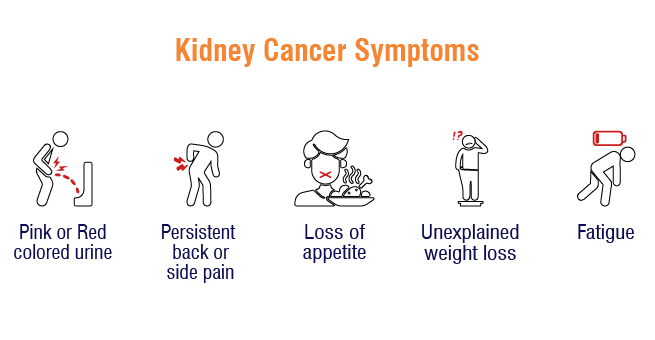
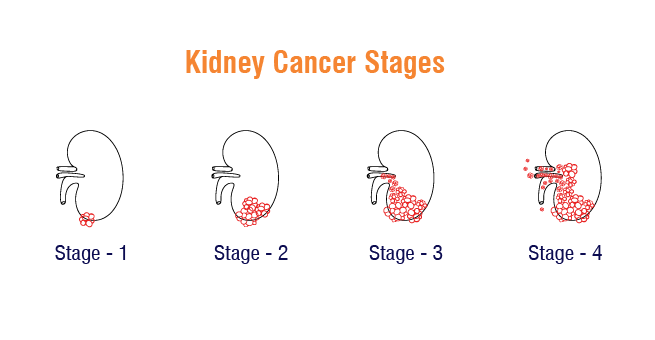
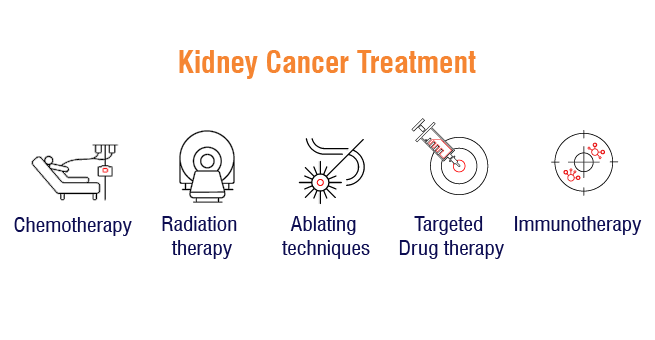



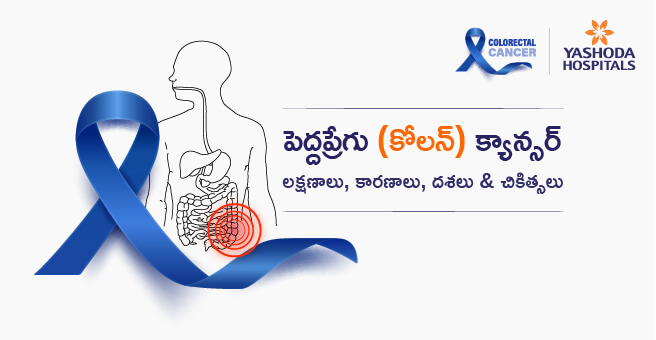

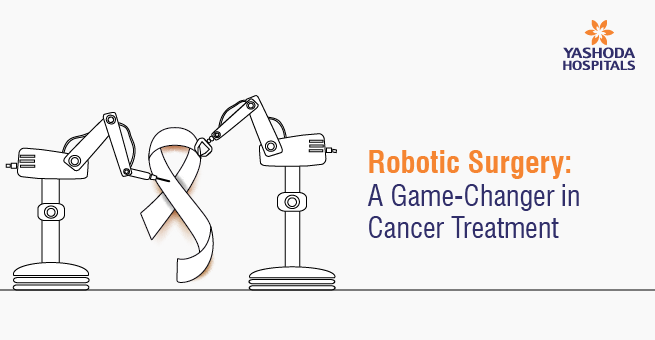









 Appointment
Appointment WhatsApp
WhatsApp Call
Call More
More

